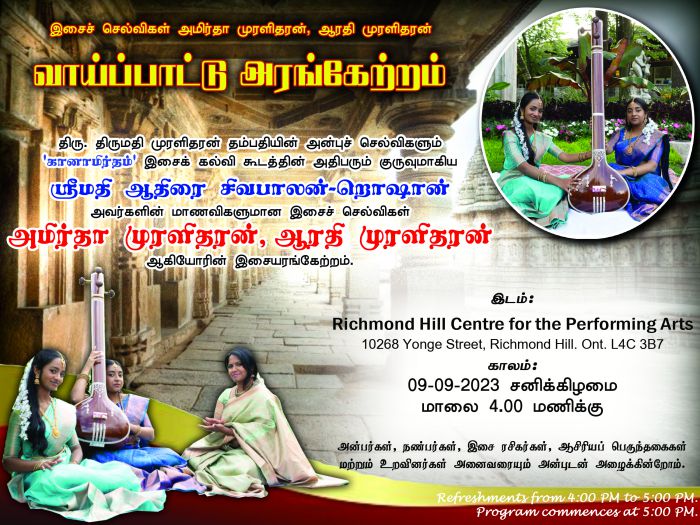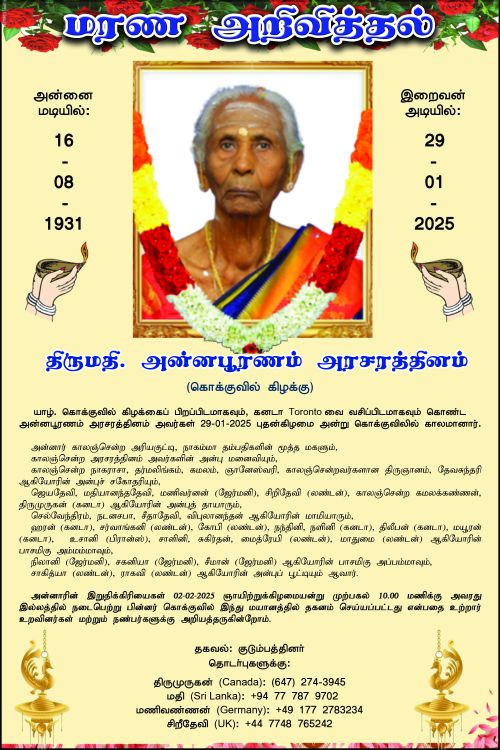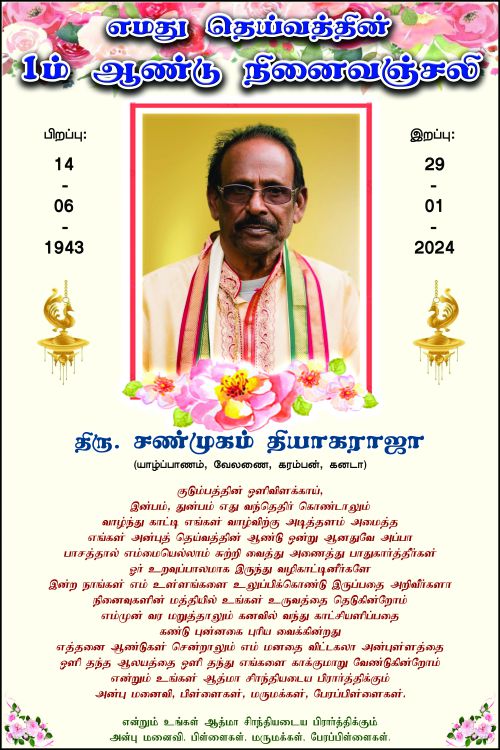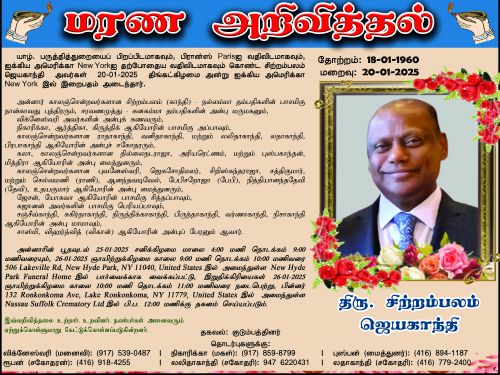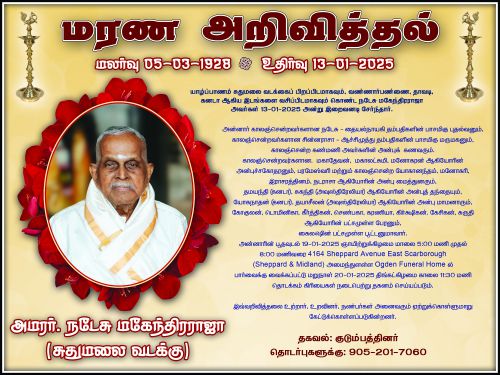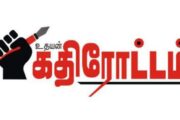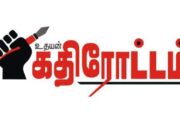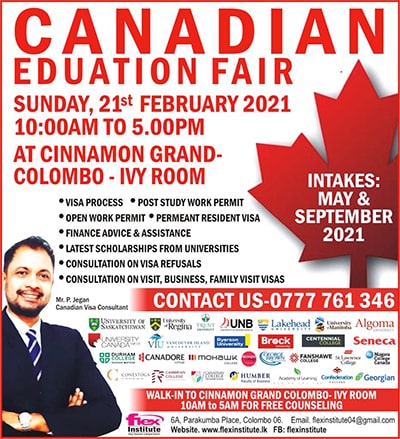Siva Parameswaran
Sri Lanka’s Human Rights Commission (HRCSL) has recommended the government to ratify the UN Refugee Convention of 1951.
This recommendation comes in the backdrop of over a hundred Rohingya refugees from Myanmar rescued by Tamil fishermen being detained at an Air Force Camp in Mullaitivu, whose fate remains unclear. There are 116 refugees including an infant at the camp now.
Sri Lanka not being a signatory to the International Refugee Convention has become an issue in deciding the future of these Rohingya refugees.
Now HRCSL has recommended the government to ratify the same and emphasized the principle of non-refoulement, which is guaranteed to all persons under section 18(1) of the International Convention for the Protection of All Persons from Enforced Disappearance Act, No. 5 of 2018.
“The Government of Sri Lanka should ratify the 1951 Convention on Refugees, the 1954 Convention Relating to the Status of Stateless Persons, and the 1961 Convention on the Reduction of Statelessness, and work towards guaranteeing the rights of refugees and stateless persons within Sri Lanka’s domestic legal system”.
The HRCSL noted that credible reports including the report of the UN Independent International Fact-Finding Mission on Myanmar refers to the risks faced by Rohingya with respect to being subject to enforced disappearance.
“In this context, the HRCSL observed that the Sri Lankan government is bound by domestic law to meaningfully consider this risk of enforced disappearance when taking any decision with respect to returning Rohingya persons to Myanmar”.
Apart from strongly recommending the country ratify the convention, the HRCSL has said the Department of Government Information should take steps to facilitate the access of journalists to the Rohingya asylum seekers so that the Sri Lankan public can be kept informed about their status.
Other recommendations include calling upon all concerned to respect the rights of human rights defenders (HRD).
“All state institutions, including law enforcement authorities, should respect the rights of HRDs to express themselves and organize and participate in peaceful assemblies for the purpose of protesting any government policy, including any decision to repatriate Rohingya asylum seekers. State institutions should refrain from threatening, intimidating, or harassing HRDs who organize and participate in such peaceful assemblies”.
HRCSL has recommended the Department of Immigration and Emigration and Sri Lanka Air Force should appoint a focal point to accept aid, including clothing, sanitary items, and certain food items, particularly for children, and enable such aid to reach the asylum seekers without delay.
Since the Rohingya refugees are detained at the SLAF camp in Mullaitivu their recommendation to the Immigration Department and the SLAF to provide regular and meaningful access to state officials with specialisations in child protection and welfare to ensure that the best interests of the children among the asylum seekers are appropriately safeguarded.
In their further recommendation, they have emphasized the Immigration Department and the Air Force provide access to relevant specialised United Nations entities including UNHCR to ensure that the asylum seekers can be appropriately vetted and, depending on the outcome of the process, formally registered as asylum seekers.
The safety and security of female asylum seekers have come in for special attention by the HRCSL which has made a recommendation to the officials to ensure their safety.
“The Department of Immigration and Emigration and Sri Lanka Police should take immediate measures to ensure that female asylum seekers at the Mullaitivu Air Force Camp are provided security at all times by trained women police officers, and the Department of Immigration and Emigration and the Sri Lanka Air Force should ensure that adequate sanitary facilities are provided to the female asylum seekers”.
However, the refugees before being lodged at the Mullaitivu camp, they turned back on their way to Mirihana at Habarana. The Trincomalee Magistrate who visited the refugees ordered them to be shifted to the detention centre in Mirihana.
But they were stopped at Habarana and sent to Mullaitivu by the SSP of Trincomalee. While the HRCSL notes that sending them to the SLAF camp was ‘unexpected’, it has not made it clear in its report as to how a Magistrate’s order was changed by the Senior Superintendent of Police.
A further recommendation by the HRCSL says that Immigration should take measures to transfer the asylum seekers to a facility that is fit for the purpose of housing men, women and children with specific welfare needs.
Yet another recommendation by the nation’s top human rights body stresses that any detention of the Rohingyas should be ‘strictly temporary’ and only to the extent necessary for a considered decision to be taken with respect to the status of an asylum seeker.
“Therefore, where an asylum seeker is duly registered by UNHCR, they should be released from custody”.












